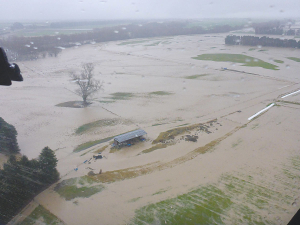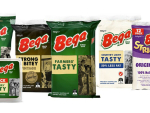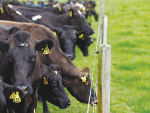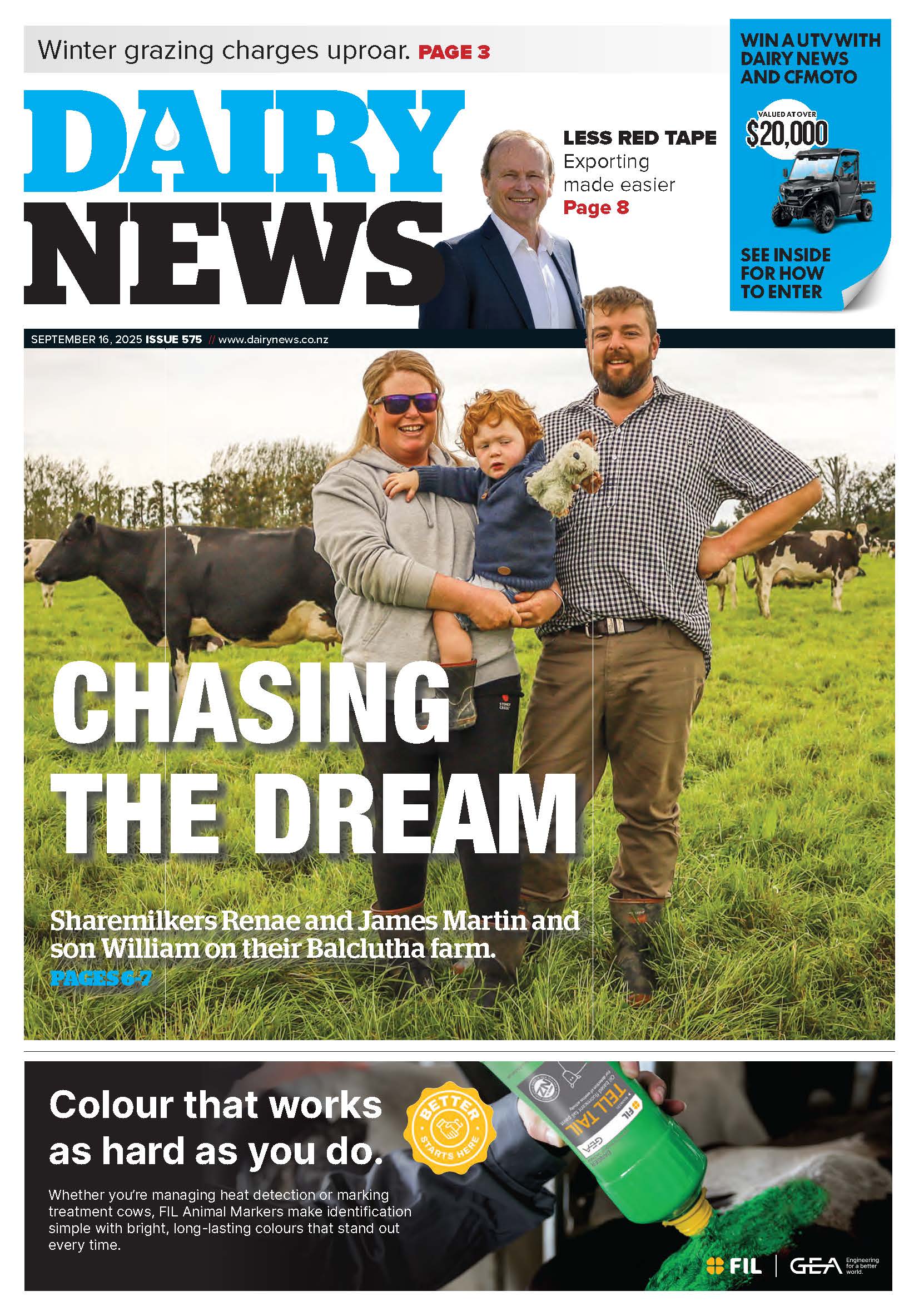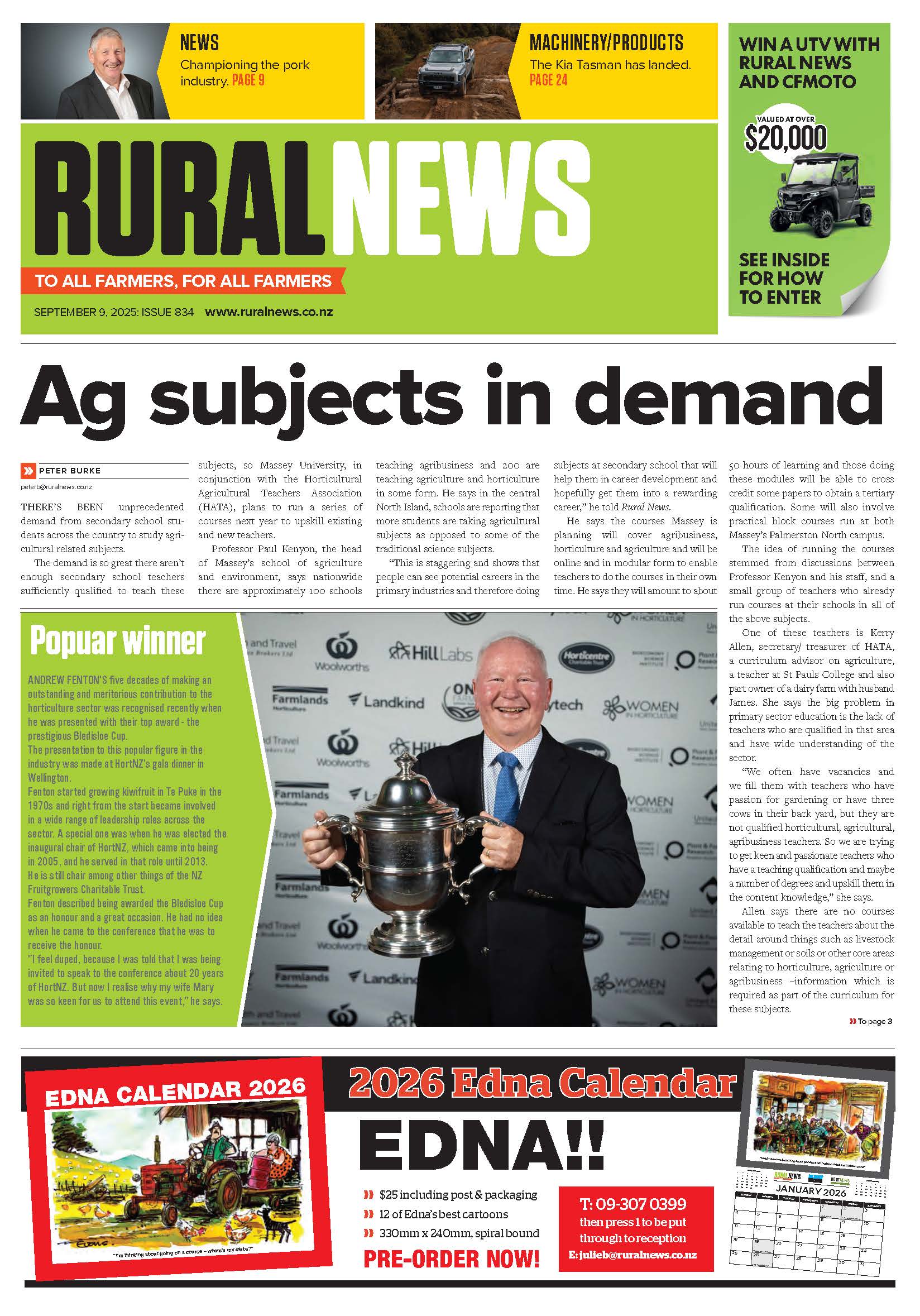Beef + Lamb New Zealand (B+LNZ) is reminding farmers to protect themselves, their families and stock as cases of Salmonella and Leptospirosis rise in the wake of Cyclone Gabrielle.
"Salmonella and Leptospirosis are already rearing their heads on the East Coast of the North Island following Cyclone Gabrielle," says B+LNZ's senior advisor for biosecurity and animal welfare Will Halliday.
Leptospirosis lives in water and spikes of the disease are often seen after flood events, while bad weather can also increase the spread of Salmonella. Leptospirosis can infect all mammals and sits in the kidneys and genital tract of infected animals.
People who come into contact with an infected animal's urine are most at risk of contracting the disease, but the bacteria can also live in soil and water contaminated with animal urine.
Healthy, well-grown animals are more likely to spread Leptospirosis to people through their urine, posing a risk during milking, calving, lambing, shearing, as well as slaughtering and processing stock.
"All mammals can be infected by Leptospirosis and we're currently seeing an increased number of cases in dogs," says Halliday.
"It can enter the body through scapes and wounds and through the mucuous membranes, so it's important for farmers to protect themselves from animal urine by wearing protective clothing, covering wounds, and washing thoroughly after handling animals."
He adds that freestanding water or puddles can be a source of Leptospirosis on farms.
"This can include puddles around water troughs where animals may have urinated."
The symptoms of Leptospirosis include headaches, flu-like symptoms and muscle and gut pain, but can present in a number of ways.
Meanwhile, Halliday says cases of Salmonella are also on the rise.
"The best form of prevention of Salmonella and Leptospirosis is for farmers to vaccinate their animals to stop people getting sick, prevent infections and reduce stock loss," he explains.
"Vet clinics in the region are up running, so farmers shouldn't hesitate to organise vaccinations."





